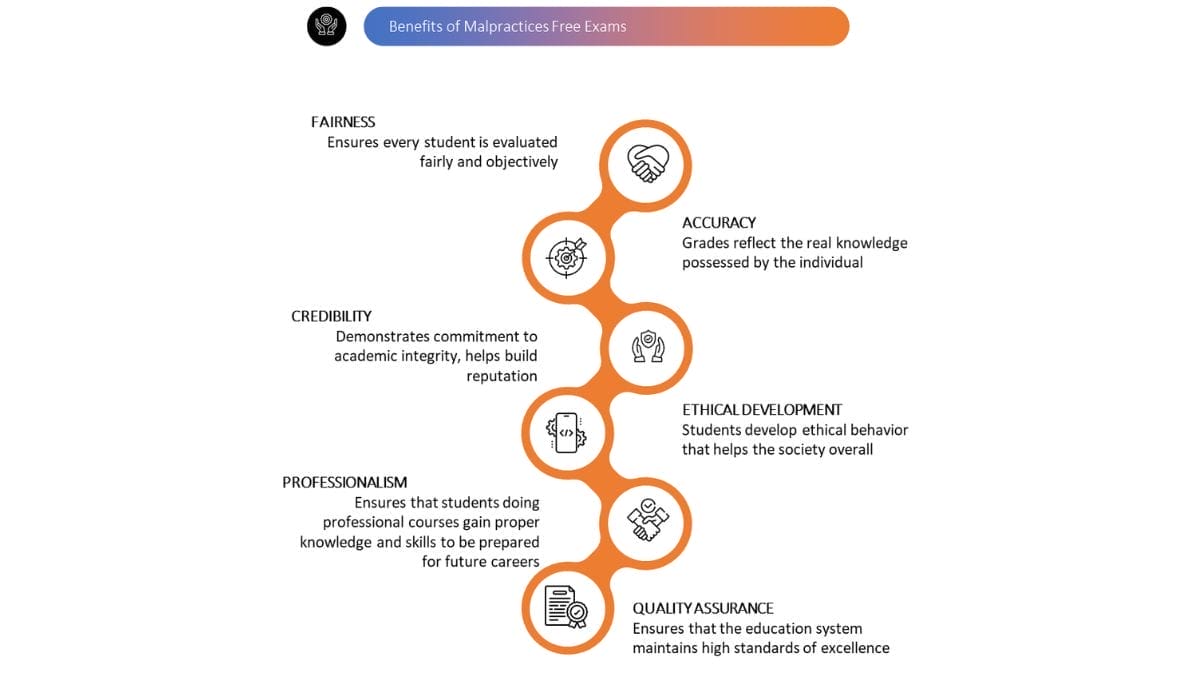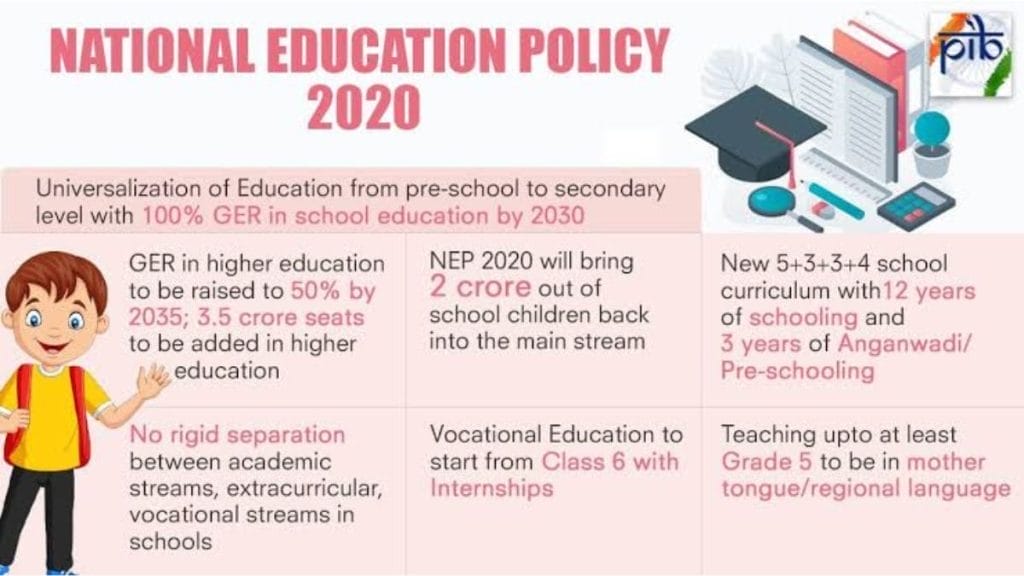Author: Abhijit Saxena, Founder, Shinkan
New Delhi (India), November 1: The NEP 2020 is the most innovative and transformational attempt to educate the population, which is the core asset of the country. The NEP has a very powerful discourse on the role
and impact of education, as highlighted below from the context of the Policy.
Education is fundamental for achieving full human potential, developing an equitable and just society, and promoting national development. Providing universal access to quality education is the key to India’s continued ascent and leadership on the global stage in terms of economic growth, social justice and equality, scientific advancement, national integration, and cultural preservation.
Universal, high-quality education is the best way forward for developing and maximizing our country’s rich talents and resources for the good of the individual, the society, the country, and the world. India will have the highest population of young people in the world over the next decade, and our ability to provide high-quality educational opportunities to them will determine the future of our country.
Indeed, with the quickly changing employment landscape and global ecosystem, it is becoming increasingly critical that children not only learn but, more importantly, learn how to learn. Infact during our research at Shinkan, we reaffirmed that education, thus, must move towards less content and more towards learning.
The gap between the current state of learning outcomes and what is required must be bridged through undertaking major reforms that bring the highest quality, equity, and integrity into the system, from early childhood care and education through higher education.
The teacher must be at the centre of the fundamental reforms in the education system. It must do everything to empower teachers and help them to do their job as effectively as possible. Teachers will be given continuous opportunities for self-improvement and to learn the latest innovations and advances in their professions. These will be offered in multiple modes, including in the form of local, regional, state, national, and international workshops as well as online teacher development modules. Platforms (especially online platforms) will be developed so that teachers may share ideas and best practices.
The new education policy must provide to all students, irrespective of their place of residence, a quality education system. Some of the fundamental principles are:
a) ethics and human & Constitutional values
b) focus on regular formative assessment for learning
c) extensive use of technology in teaching and learning
d) a ‘light but tight’ regulatory framework to ensure integrity, transparency, and resource efficiency
The NEP 2020 has a key focus on assessments to be able to build an equitable, fair, and just education assessment.
It is proposed to set up a National Assessment Centre, PARAKH (Performance Assessment, Review and Analysis of Knowledge for Holistic Development), as a standard-setting body under MHRD that fulfils the basic objectives of setting norms, standards, and guidelines for student assessment and evaluation.
Technology Use and Integration 23.1.
India is a global leader in information and communication technology and in other cutting-edge domains, such as space. The Digital India Campaign is helping to transform the entire nation into a digitally empowered society and knowledge economy. While education will play a critical role in this transformation, technology itself will play an important role in the improvement of educational processes and outcomes; thus, the relationship between technology and education at all levels is bidirectional.
New technologies involving artificial intelligence, machine learning, blockchains, smart boards, handheld computing devices, adaptive computer testing for student development, and other forms of educational software and hardware will change not just what students learn in the classroom but how they learn.
The thrust of technological interventions will be for the purposes of improving teaching, learning and evaluation processes, supporting teacher preparation and professional development, enhancing educational access, and streamlining educational planning, management, and administration, including processes related to admissions, attendance, assessments, etc.
Desh ki Samruddhi ki ek nayi disha
Digital Shiksha, digital pariksha
Online and Digital Education: It calls for carefully designed and appropriately scaled pilot studies to determine how the benefits of online/digital education can be reaped while addressing or mitigating the downsides. It is important that the use of technology for online and digital education adequately addresses concerns of equity.
Online assessments also require a different approach. There are numerous challenges to conducting online examinations at scale, including limitations on the types of questions that can be asked in an online environment, handling network and power disruptions, and preventing unethical practices. There is a need to invest in creation of open, interoperable, evolvable, public digital infrastructure in the education sector that can be used by multiple platforms and point solutions to solve for India’s scale, diversity, complexity, and device penetration.
Online assessment and examinations: Appropriate bodies, such as the proposed National Assessment Centre or PARAKH, School Boards, NTA, and other identified bodies, will design and implement assessment frameworks encompassing the design of competencies, portfolios, rubrics, standardized assessments, and assessment analytics.
This is where we propose that assessments be made an integral part of online education from the very beginning. SHINKAN is an AI-powered proctoring tool that makes online assessments more reliable than even manually invigilated exams, whether in the classroom or online. This eliminates the need for several manual supervisors and provides educational institutions and corporates an opportunity to conduct malpractice-free virtual tests.

Benefits of Malpractice free examinations (Source: Abhijit Saxena, Shinkan)
Potential applications of the Shinkan tool:
1. Online Training program assessments: there are various online training programs run by the government for its employees. These can be made more effective if there are credible and secure online assessments at the end of such online programs. With the implementation of an effective online proctoring system, there is better discipline during the program.
2. Online Government University Degree and Diploma courses: The Government is today pushing online education through its universities and colleges to help grow the reach and penetration of education in the country. Every online education needs to be backed by a strong online proctoring solution.
3. Online Skill development programs: The government provides various skill development programs to enhance employability. Such programs are going online, and again, for the effectiveness of such programs, it will require strong online assessment.
4. Invigilate the invigilator: At various pro-metric centres, despite the presence of invigilators, there is inconsistency in the level of discipline by the candidates. While monitoring the behaviour of each of the students, we can analyse the effectiveness of invigilation at these centres. The analytics provided by Shinkan can then we used to Train the invigilator better, Warn the invigilator to be more attentive or even disqualify the invigilator on repeated shortcomings.
5. Government Online Recruitments: With our powerful capabilities we can provide a strong registration process identification process and reduce mal-practices
Shiksha wahi prabhavshali
Jismein pariksha thi shaktishali





